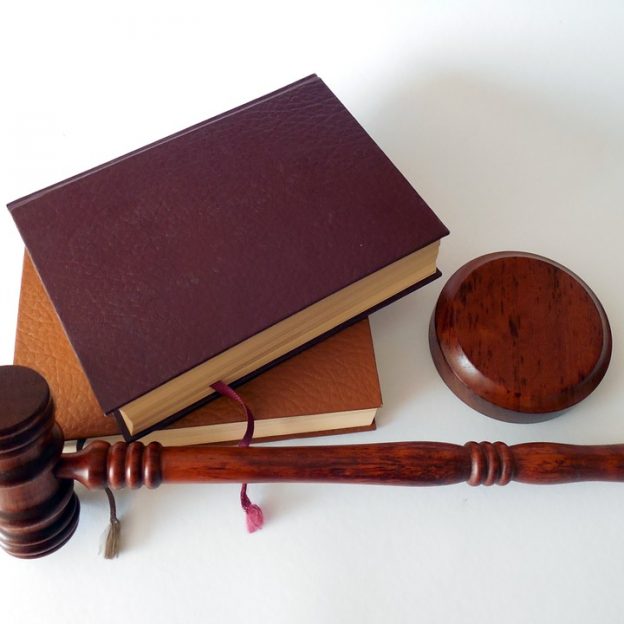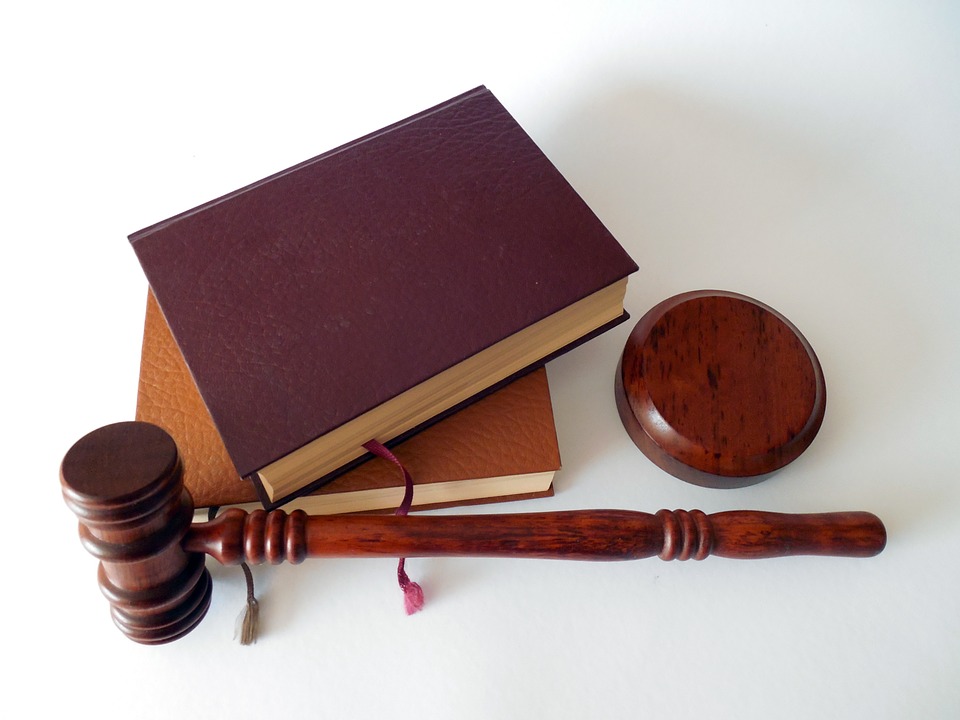The Supreme Court on Friday night turned down a request by a Nevada church for permission to hold services on the same terms that other facilities in the state, including casinos, are allowed to hold gatherings during the COVID-19 pandemic.
Chief Justice John Roberts joined the court’s liberal justices in denying the plea from Calvary Chapel Dayton Valley, a Christian church located about 15 miles outside the state’s capital, Carson City.
Nevada Democratic Gov. Steve Sisolak order allows casinos, restaurants, bars, theme parks, and gyms to operate at 50% capacity, but restricts churches to gatherings of 50 or fewer people, regardless of building size or safety precautions taken.
The ruling drew sharp dissents from the court’s more conservative justices, with Justice Samuel Alito writing that although the “Constitution guarantees the free exercise of religion,” it “says nothing about the freedom to play craps or blackjack.”
“The First Amendment requires the government to treat religious organizations, at a minimum, the same as comparable secular organizations. When the government treats churches worse than casinos, gyms, and indoor amusement parks in its COVID-19 response, it clearly violates the Constitution. As Justice Alito noted, ‘The Constitution guarantees the free exercise of religion. It says nothing about the freedom to play craps or blackjack, to feed tokens into a slot machine, or to engage in any other game of chance.’ While we are disappointed that the U.S. Supreme Court denied our request for relief, we will continue to seek to protect Calvary Chapel and other churches from discriminatory policies that put religious groups at the back of the line for reopening.”
In his dissent, Alito added, “I would grant an injunction pending appeal. Calvary Chapel is very likely to succeed on its claim that the directive’s discriminatory treatment of houses of worship violates the First Amendment.”

Justice Neil Gorsuch filed a separate dissent in which he described the dispute as a “simple case”: Although “a 10-screen ‘multiplex’ may host 500 moviegoers at any time,” houses of worship are limited to 50 people, “no matter how large the building, how distant the individuals, how many wear facemasks, no matter the precautions at all.”
“The world we inhabit today, with a pandemic upon us, poses unusual challenges. But there is no world,” Gorsuch concluded, “in which the Constitution permits Nevada to favor Caesars Palace over Calvary Chapel.”
Kavanaugh filed his own dissent in which he stressed that the “risk of COVID-19 transmission is at least as high at restaurants, bars, casinos and gyms as it is at religious services.” So although states can “subject religious organizations to the same limits as secular organizations” when dealing with COVID-19, Kavanaugh indicated, and “those limits may be very strict,” states cannot “impose strict limits on places of worship and looser limits on restaurants, bars, casinos, and gyms, at least without sufficient justification for the differential treatment of religion” – which, in this case, the state has not offered.
Chief Justice Roberts wrote in an opinion explaining why he voted against the church in that case, “although California’s guidelines place restrictions on places of worship, those restrictions appear consistent with the Free Exercise Clause of the First Amendment.”
Whatever restrictions California placed on churches, “similar or more severe restrictions apply to comparable secular gatherings, including lectures, concerts, movie showings, spectator sports, and theatrical performances, where large groups of people gather in close proximity for extended periods of time.”
Roberts reasoned, California’s public health order could remain in effect without any additional accommodations for places of worship. Yes, the state did allow some businesses to open with fewer restrictions than those imposed on churches, but the secular institutions most similar to places of worship were treated less favorably than comparable religious institutions.





